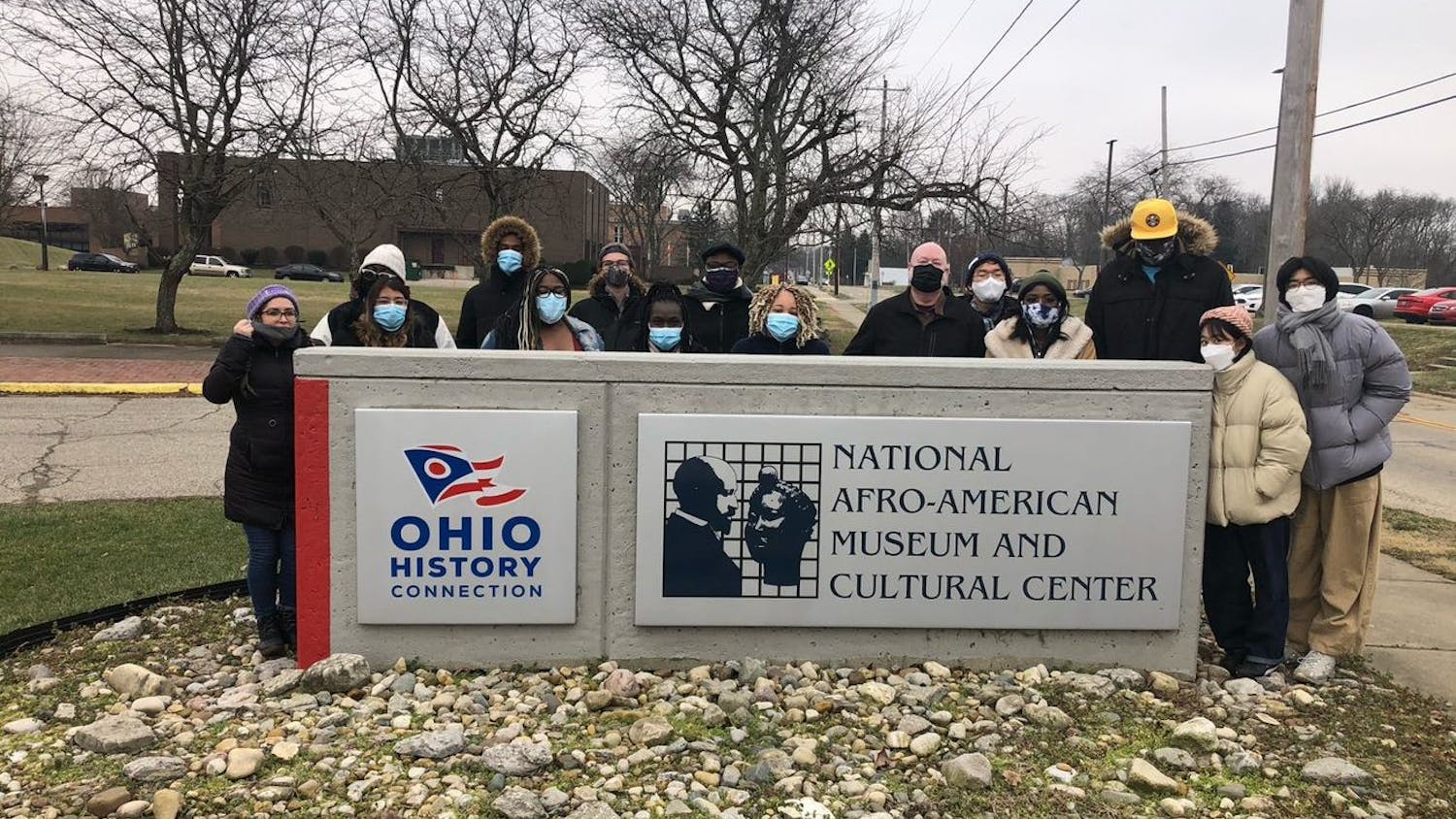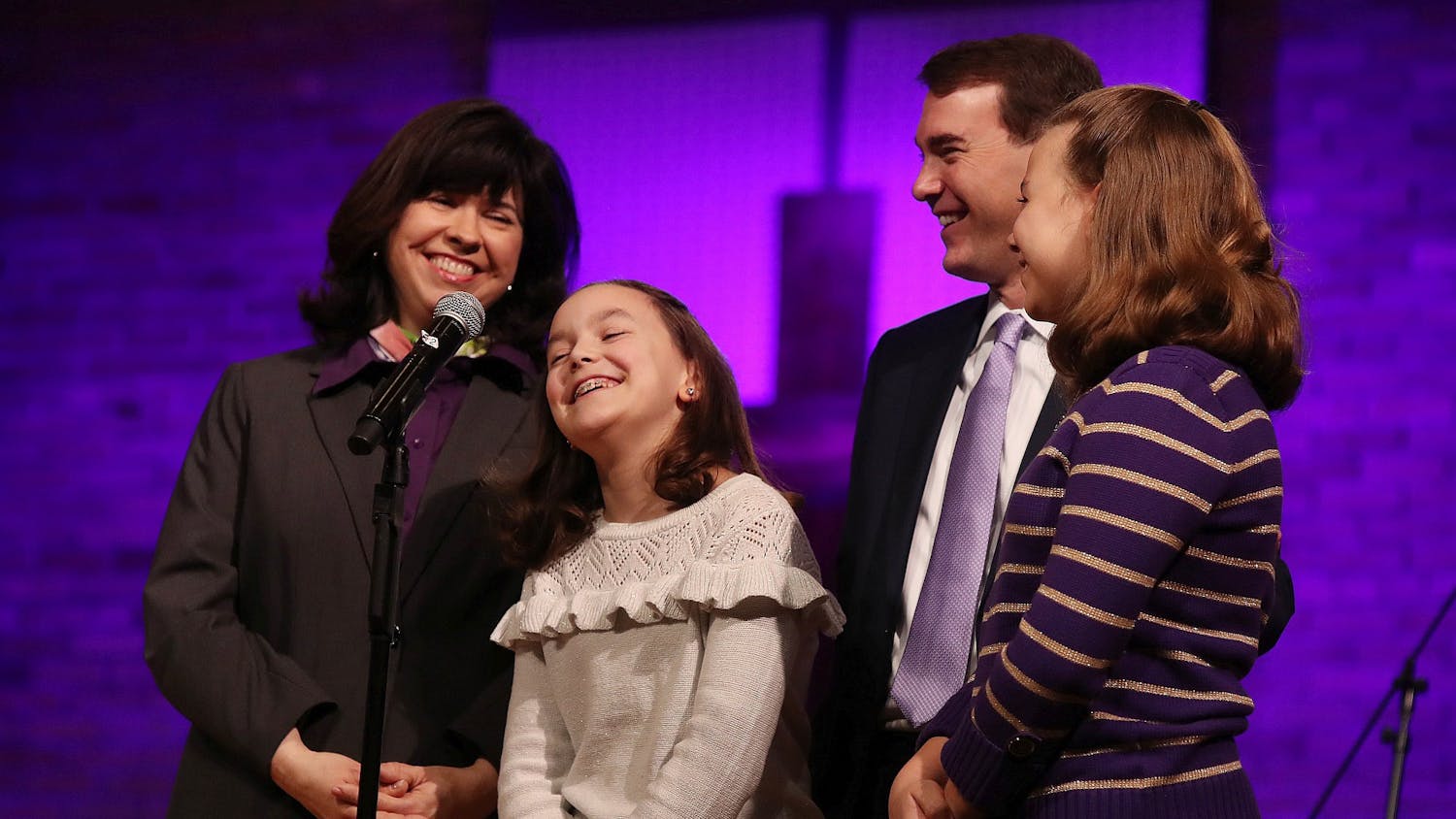Taylor Theatre's recent adaptation of “To Kill a Mockingbird” (TKAM) has become the most potentially controversial show of the season.
Despite being written by Harper Lee more than 60 years ago, and taking place in the 1930s, TKAM has continued to be included in conversations about both censorship and racial disparity in schools around the country.
Directed by Tracy Manning, artistic director and co-chair of the Department of Music, Theatre and Dance, the play leads the audience to consider historic inequality in America through the eyes of a child. With actual children playing central roles, the normalization of cruelty in history is made very apparent.
TKAM was chosen for this season more than a year prior to its performance when Manning and the Rev. Greg Dyson, vice president for intercultural leadership, discussed diversity in theater. Looking at plays with input from the perspective of people of color, whether by creator or material, Christopher Sergel’s TKAM dramatization became the clear, and ultimately final, choice.
Manning and Dyson decided to take their concerns regarding representation to the stage.
“Theatre is a powerful medium to thoughtfully engage societal concerns,” Dyson stated in an interview about the upcoming play.
“All the separations seem to reveal an unwillingness to look at things from somebody else’s perspective to see the world through somebody else’s eyes,” Manning said. “So, if Atticus can maybe inspire us to walk around the world a little bit more like Jesus, that’d be a good thing.”
The book and play are narrated by Jean Louise Finch (Jaclynne Aupperle) as she reflects on her childhood, when she went by Scout. Scout, coming of age and questioning the world around her, does not entirely understand her community in Maycomb, Alabama. Her father, Atticus (Steven Day ‘22), is made defense attorney for Tom Robinson (Kamal Najar ‘25), a Black man wrongly accused of rape, and Scout struggles with the perception of justice around her as she learns of others’ suffering.
While Scout learns from her father, Manning argues that the real teachers of the text lie elsewhere.
“It’s these mockingbirds,” Manning said. “It’s Tom and Boo who save Scout’s perspective and grow her heart. It’s these people who’ve been ostracized in one way or another that Scout learns the most from.”
Similarly, it is important for viewers to recognize the hardships of both Tom Robinson and Arthur ‘Boo’ Radley (Josh Quintana ‘25) in order to take away what one is meant to from the play. Both face needless exclusion, targeted due to their differences from those with more power.
While only one loses his life, they have both been villainized despite their innocence.
In an effort to educate, Manning made the decision not to censor some uses of the N-word from Lee’s novel. Explicit language has been left in works performed by Taylor Theater in the past, but the decision to include the slur per the original text of TKAM still stands out.
Derogatory language of such extremes is usually refrained from because of its nature to target and dehumanize others. This has also been part of the challenges facing Lee’s writing in the past.
However, Manning encourages viewers to take this challenging language as a means to reflect on the history of Lee’s story and of America. The reason there is such significance to the word now is because it was used to control and subjugate others for centuries, she said.
“It’s good for us to face what that looks like, what it means and that it makes us uncomfortable,” Manning said. “We have to enter into the discomfort of our past to move into learning how to shape our future differently.”
“Everyone has been warned that history repeats itself, but if sheltering prevents hearing the less encouraging stories, there will be little improvement. In order to learn from history, one must recognize it,” she said.
The TKAM novel is one of the most frequently challenged books in American public schools but has consistently remained a bestseller. It has remained relevant and is respected as one of the most compelling stories for educating younger audiences about historic racism in America.
“It is clear that the themes written about six decades ago are still challenging today,” Dyson said in an interview.
With luck, it may continue to inform Americans when it comes to callused behavior.
TKAM will have three more shows this weekend, Feb. 25-27.





